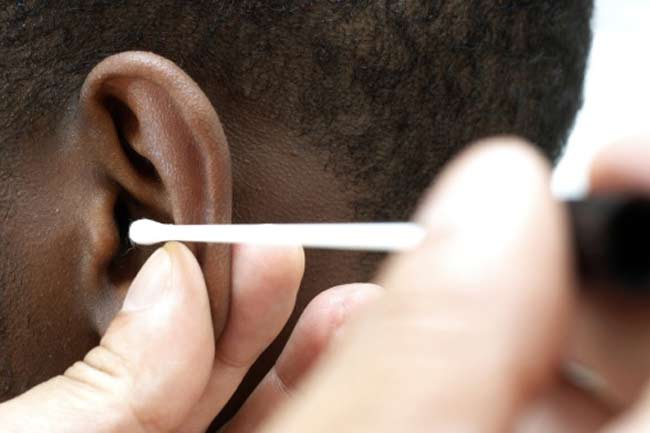

#INNER EAR ITCH STUFFY RUNNY NOSE SKIN#
Bathing this often can strip your pet’s skin of its natural oils, though, so be sure to ask us about shampoos that will help to moisturize your pet’s skin.Īdditionally, you should attempt to keep your pet’s environment as clean as possible to minimize exposure to potential allergens. Some allergens-like dust-are more difficult to avoid than others, but there are ways you can help to minimize your pet’s exposure.įor example, some pets with environmental allergies might benefit from bathing once per week. Once we’ve determined what your pet is allergic to, it’s important to avoid those substances when possible. Treating and preventing your pet’s allergies Some pets with severe allergies may be referred to a veterinary dermatologist for more in-depth allergy skin testing and treatment. If we suspect your pet is allergic to a food ingredient, we’ll recommend an elimination diet to determine the specific ingredient he should avoid. To diagnose your pet’s condition and determine the specific allergen(s), we’ll conduct a thorough exam, including any appropriate blood or skin tests. If your pet is showing signs of a possible allergic reaction, call our office. Pet allergy symptom #4: Problems with the gastrointestinal systemįood allergies are often the culprit when a pet has a gastrointestinal allergic reaction. Snoring (due to inflammation of the throat).Although less common than allergic dermatitis, our pets can experience similar respiratory-related allergy symptoms. Many humans who suffer from allergies-especially environmental allergies-will experience respiratory symptoms similar to those of a cold. Pet allergy symptom #3: Problems with the respiratory system Discharge (often with an unpleasant odor) coming from the ears.What may begin as itchy or irritated ears could escalate into a serious ear infection. Pet allergy symptom #2: Problems with the earsĭogs are especially prone to allergy-related ear problems. Irritated, raw, or bleeding areas as a result of excessive scratching, biting, or grooming (dogs often experience this near their back legs, stomach, or tail, but cats will usually experience this around the neck and face).Rash or raised bumps that might resemble pimples.FAD causes a longer, more intense reaction (up to 2 weeks after a bite) than typical itching associated with flea bites. Flea bites will cause any animal to feel itchy and uncomfortable, but many animals are hypersensitive to the flea saliva and will have an allergic reaction when bitten. When a flea bites an animal, it injects saliva under the animal’s skin. When allergic dermatitis is caused by an allergy to fleas, we call it flea allergy dermatitis (FAD).

Open sores, scabbing, and hair loss around the affected areas.Rubbing against furniture and other objects.Excessive scratching and/or chewing at particular areas of the body.Pets with allergic dermatitis will obsessively attempt to relieve their inflamed and itchy skin. The most common reaction pets have when exposed to allergens, allergic dermatitis leads to skin irritation and inflammation. When a pet’s allergic reaction is skin-related, we call the condition allergic dermatitis. Pet allergy symptom #1: Problems with the skin How will you know if your pet is suffering from allergies? Watch for problems in the following four areas: Various food ingredients, like corn, wheat, soy, or meat products.Grasses, trees, weeds, plants, pollens, molds, or mildews.Your pet could react to a number of potential allergens in his environment. Those antibodies release chemicals into the bloodstream, including histamine, which act on the skin, ears, eyes, throat, nose, and gastrointestinal tract, producing the unpleasant symptoms of an allergic reaction. And, like us, if an animal is sensitive to something in his environment or a food he eats, his body will produce antibodies in an attempt to protect itself. That’s right: Our pets can suffer the effects of allergies, too. Spring is in the air, and that means so are a number of seasonal allergens that could be making you and your pet miserable.


 0 kommentar(er)
0 kommentar(er)
